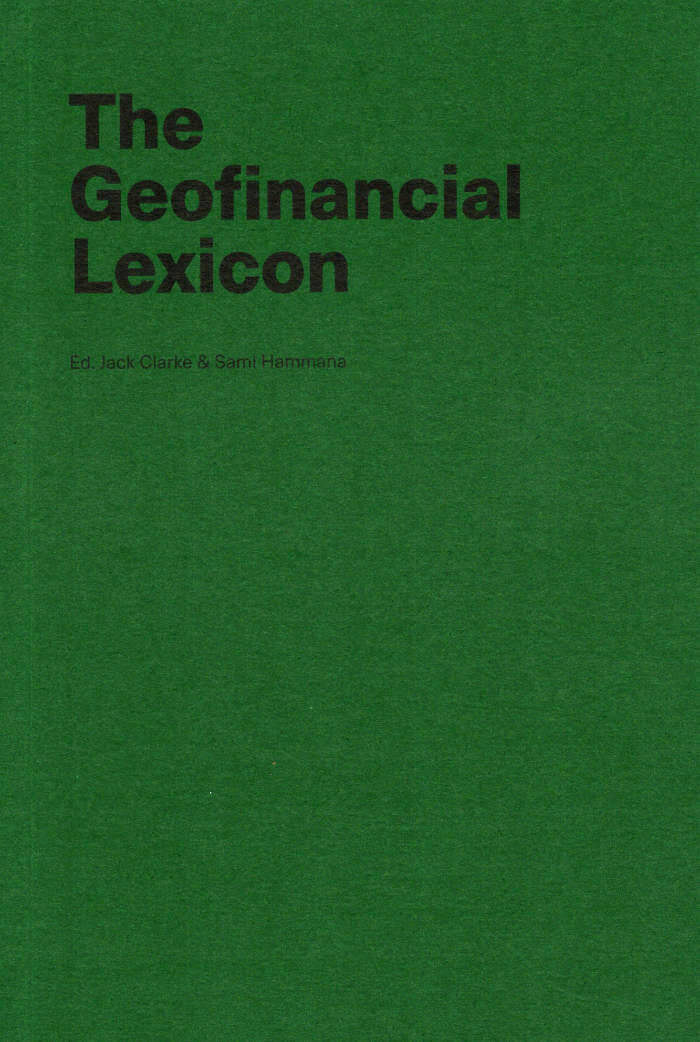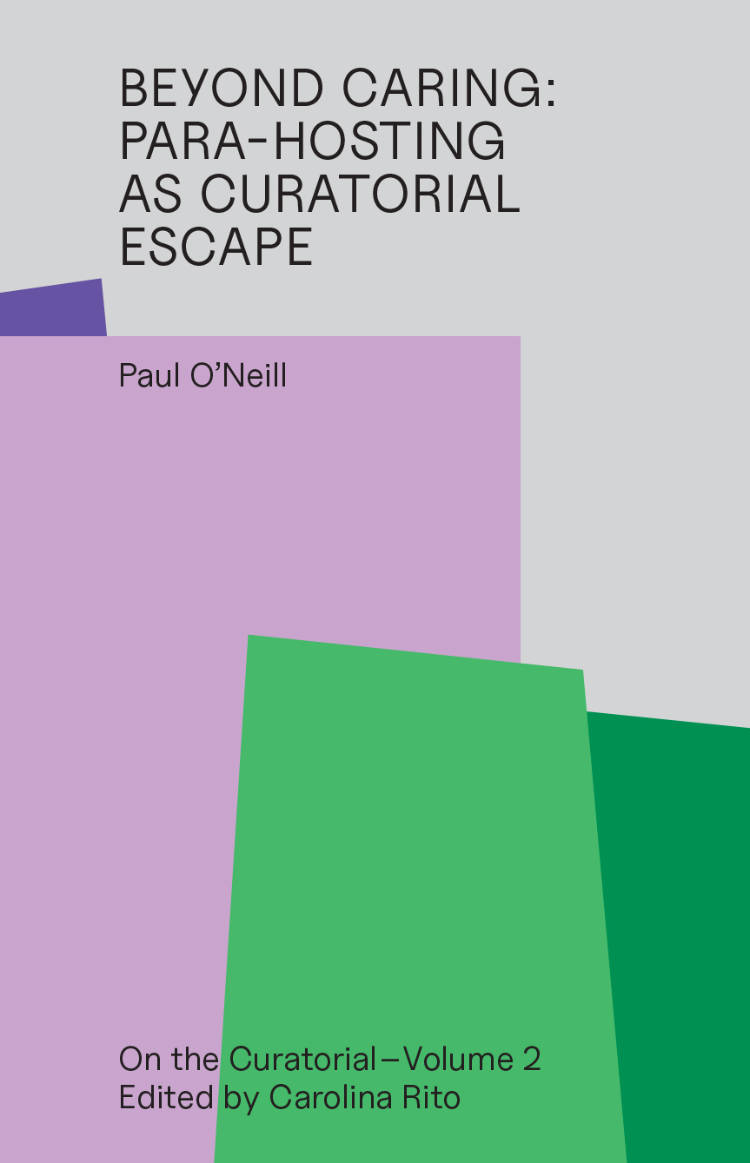
The Geofinancial Lexicon
Jack Clarke ed., Sami Hammana ed.
The concept of a Geofinancial Lexicon emerged in 2016 as a curated subset of the then-canonical financial lexicon compiled and maintained by the Financial Times. The experiment set out to demarcate the possible relationships between the Earth, finance and the anthropocene through the complicitous vocabulary of financial advisors and traders – the Bulls, Bears, Doves and Hawks of ‘high-finance’ and economic policymaking.
This edition, rewritten and recompiled for general release, aims to open this experiment out to the wider-world and provide a generative platform for future investigations, conceptualisations, experiments, languages, actions and collaboration.
Language: English





